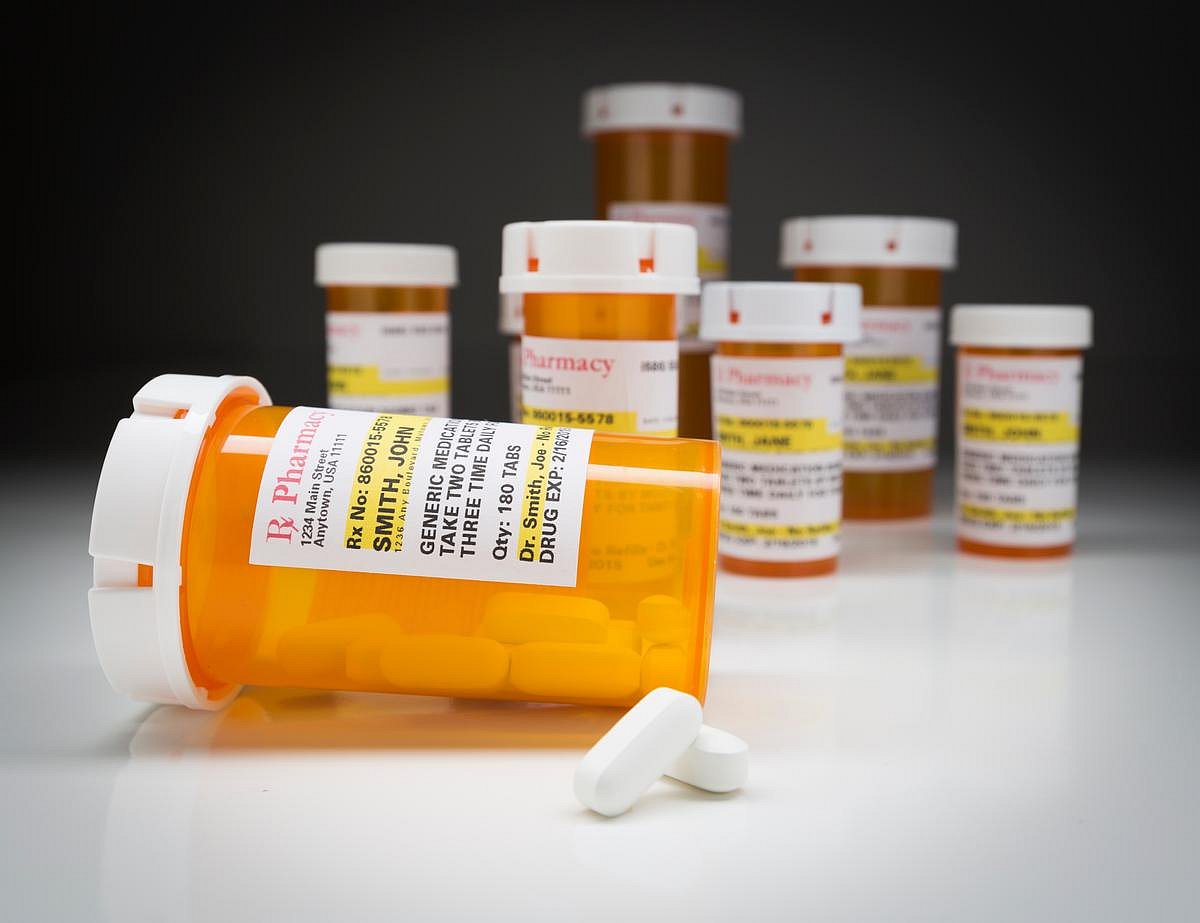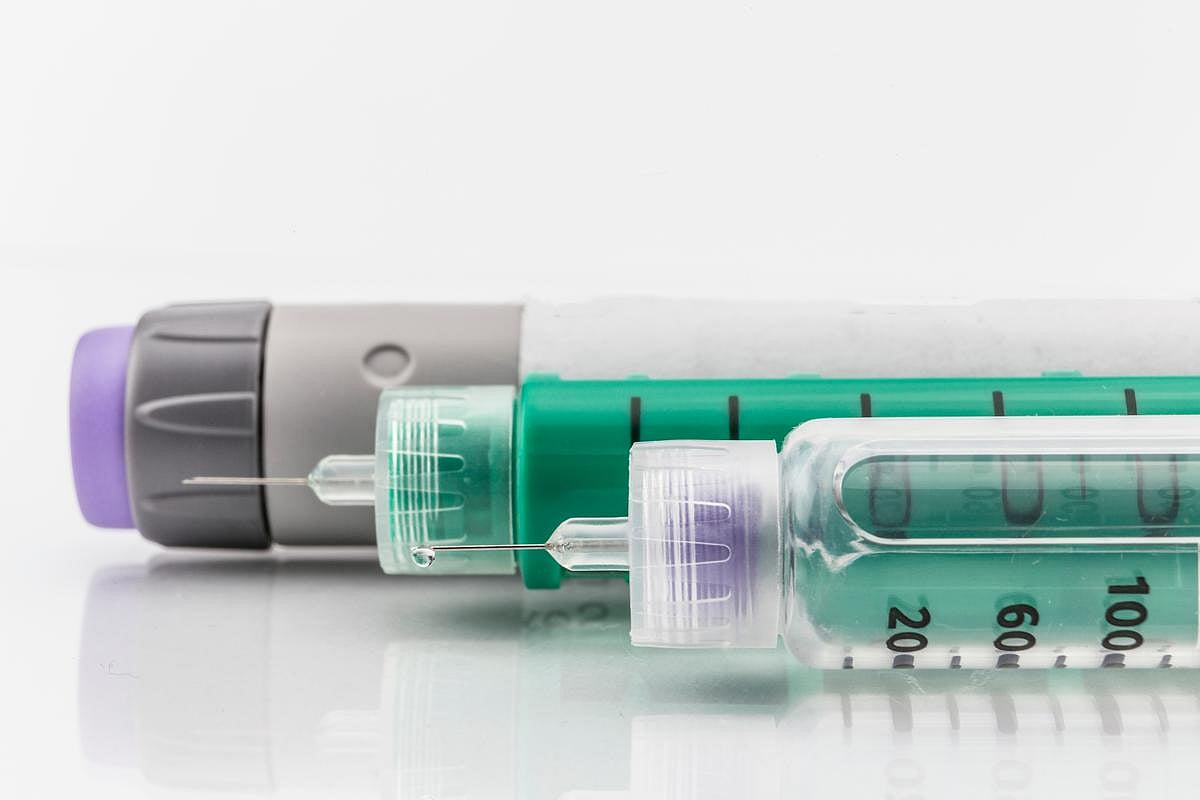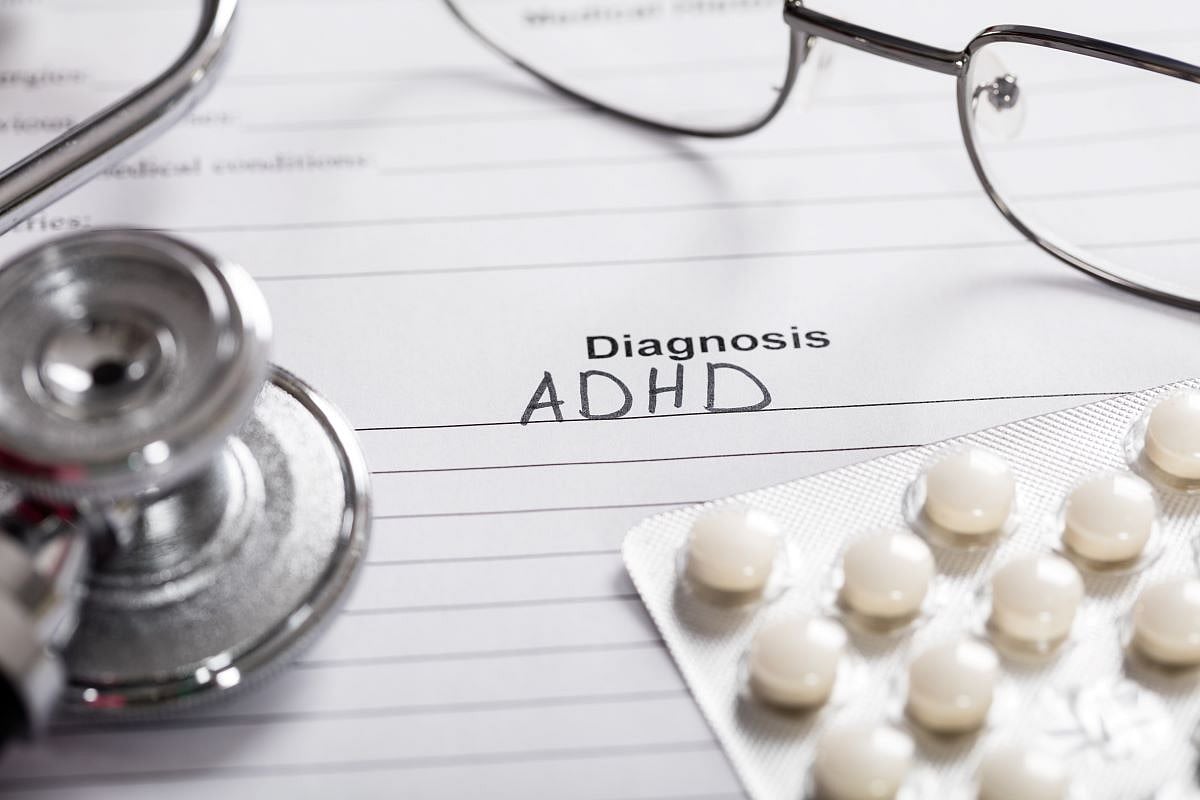
Parents of college students headed back to campus might have some fundamental misunderstandings regarding their young adult’s mental health challenges, a new report said. About 1 in 5 college students reported that their mental health had declined since high school, according to the 2025 College Student and Graduate Behavioral Health Report issued by UnitedHealthcare. In… read on > read on >






























